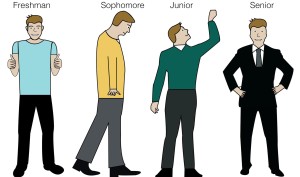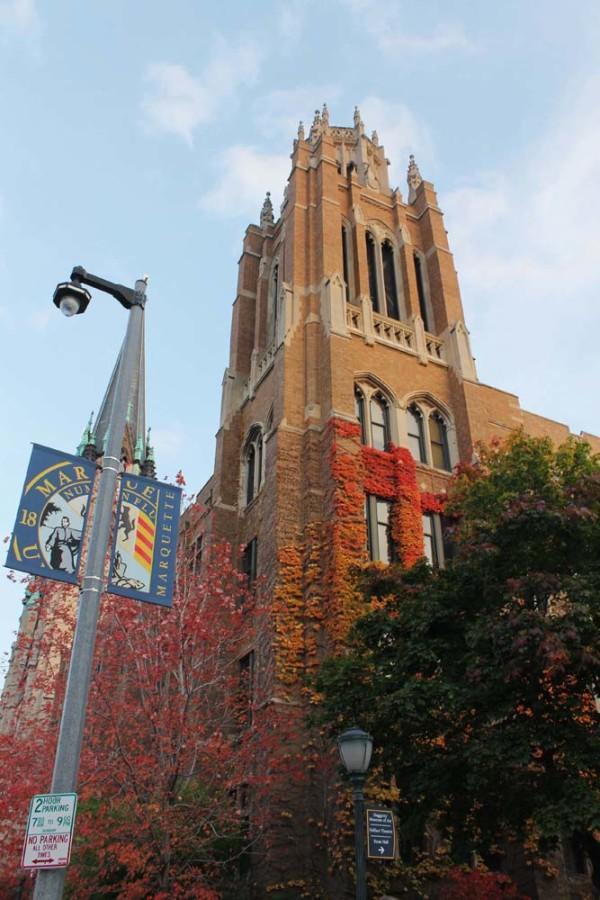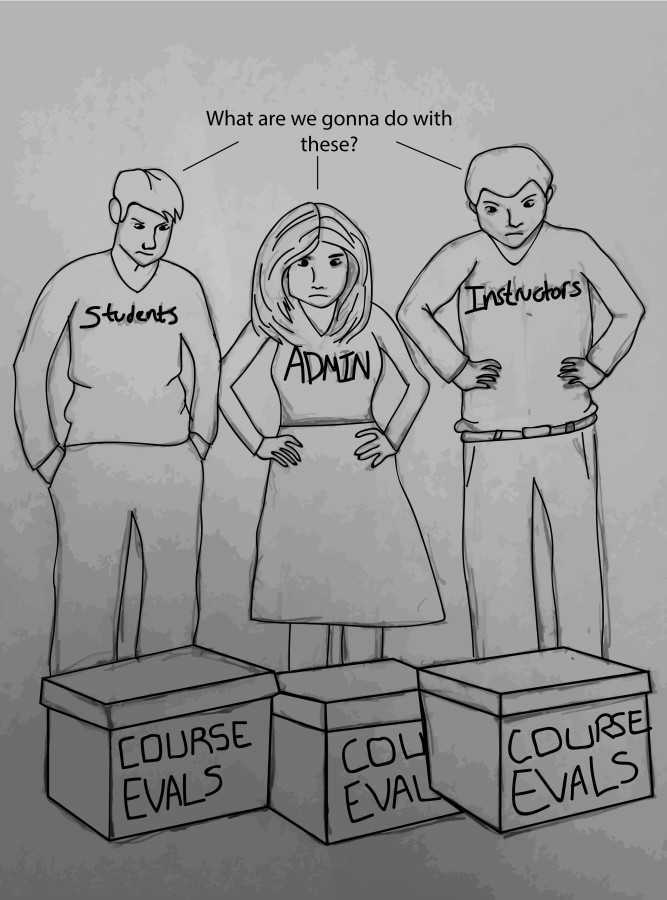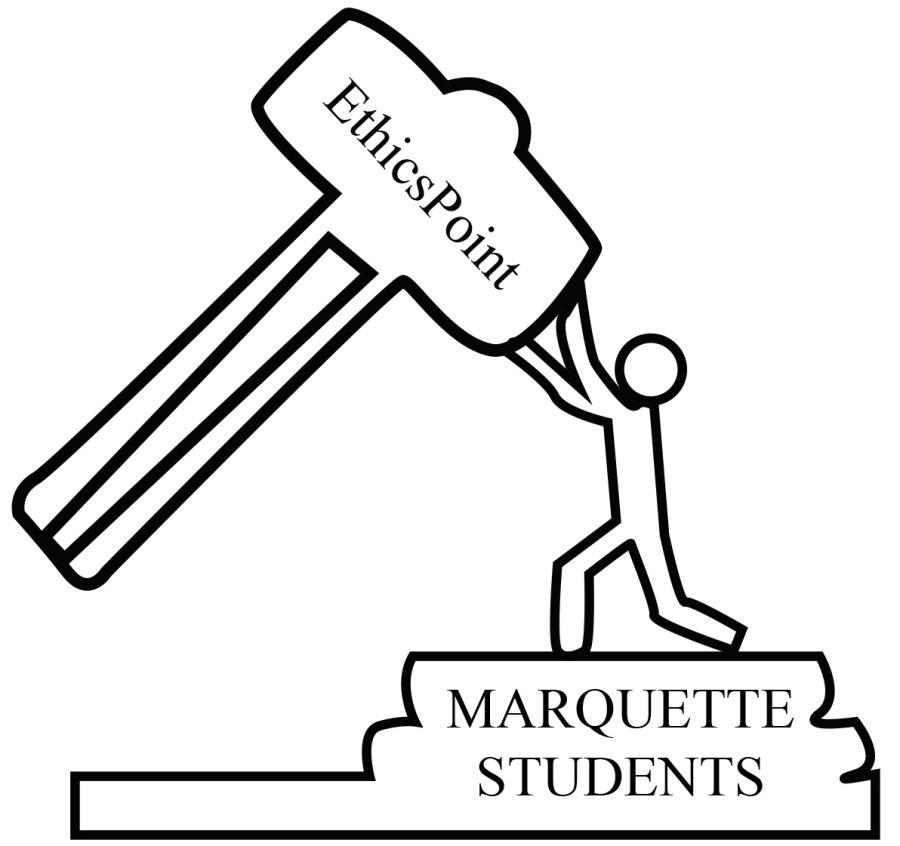
The end of the semester guarantees a few things: late nights in the library during finals week, anxiously awaiting grades and, of course, filling out course evaluations.
As the Tribune wrote in a December editorial, course evaluations are often used by students to vent their frustrations about their semester or professors. Or, on the contrary, by students thrilled with their semester to give overwhelmingly rave reviews. Though still valuable, evaluations are usually not an entirely accurate depiction of how the semester went for any particular student.
Unlike the rest of students ranting or raving in their course evaluations, seniors are fortunate enough at the end of their final semester to additionally give a more in-depth, comprehensive assessment. The Graduating Senior Survey, which is an annual questionnaire, asks students not just about an individual professor or class, but also about their overall satisfaction in academics, extracurricular activities, campus life and more.
Moreover, if a student participant expresses dissatisfaction in any area, the survey will ask “why,” collecting that information to presumably make improvements if necessary. The survey is a thorough, thoughtful retrospective of the last four years for seniors.
It makes sense to offer this reflection for students at the end of their time at Marquette, and it makes sense for the university to seek it. At the same time, though, the feedback is only being gathered once this crop of students is all but finished. It can still be used to make changes or implement new policies, but only after the students giving the critiques have left campus, probably mostly satisfied, but possibly dissatisfied in some aspects.
If students could give the university the same kind of feedback after each academic year, then however the university decides to use that feedback will inherently be more valuable. If students exiting their freshman year and going into their sophomore year can offer analysis to that point – both good and bad – the university can immediately reassess based on that feedback.
Asking about the entire Marquette experience – including service, student organization and community participation – is a more accurate tracker of how students are enjoying their experiences on campus in relation to the university’s mission. The questions in the Graduating Senior Survey are important, but waiting until students are graduating seniors to ask them is limiting potential feedback.
Much like course evaluations, which offer giveaways for participants, the Graduating Senior Survey offers Jimmy John’s gift cards and Senior Week tickets for participants. But the better incentive for taking the senior survey is knowing the questions are comprehensive of the entire Marquette experience and the input matters. Course evaluations don’t ask students questions deep enough to meet that objective, and it’s not even completely clear what the process for review is for all course evaluations.
An expanded survey, encompassing all of the aspects of being on campus, could provide more for both the students and the university.
The Graduating Senior Survey is the model for that. But the questions need to be asked of freshmen, sophomores and juniors, too.




